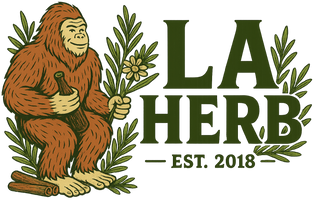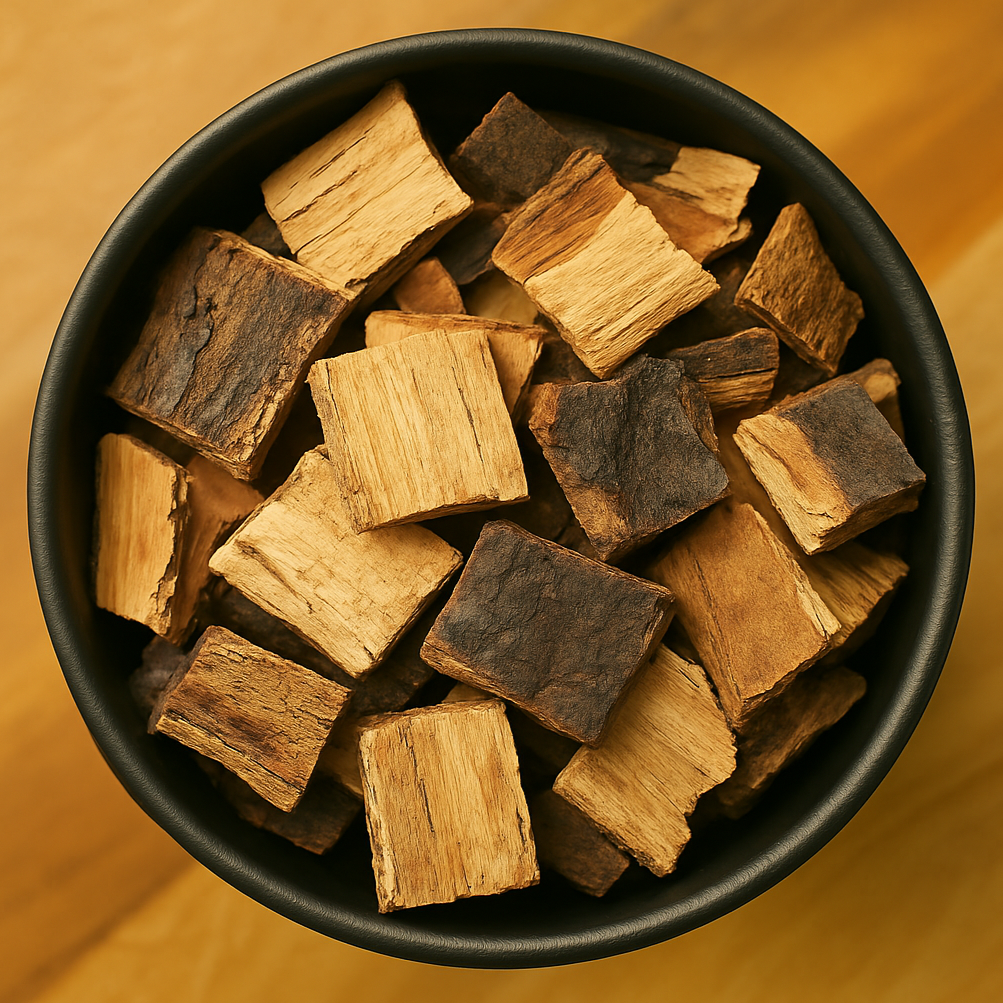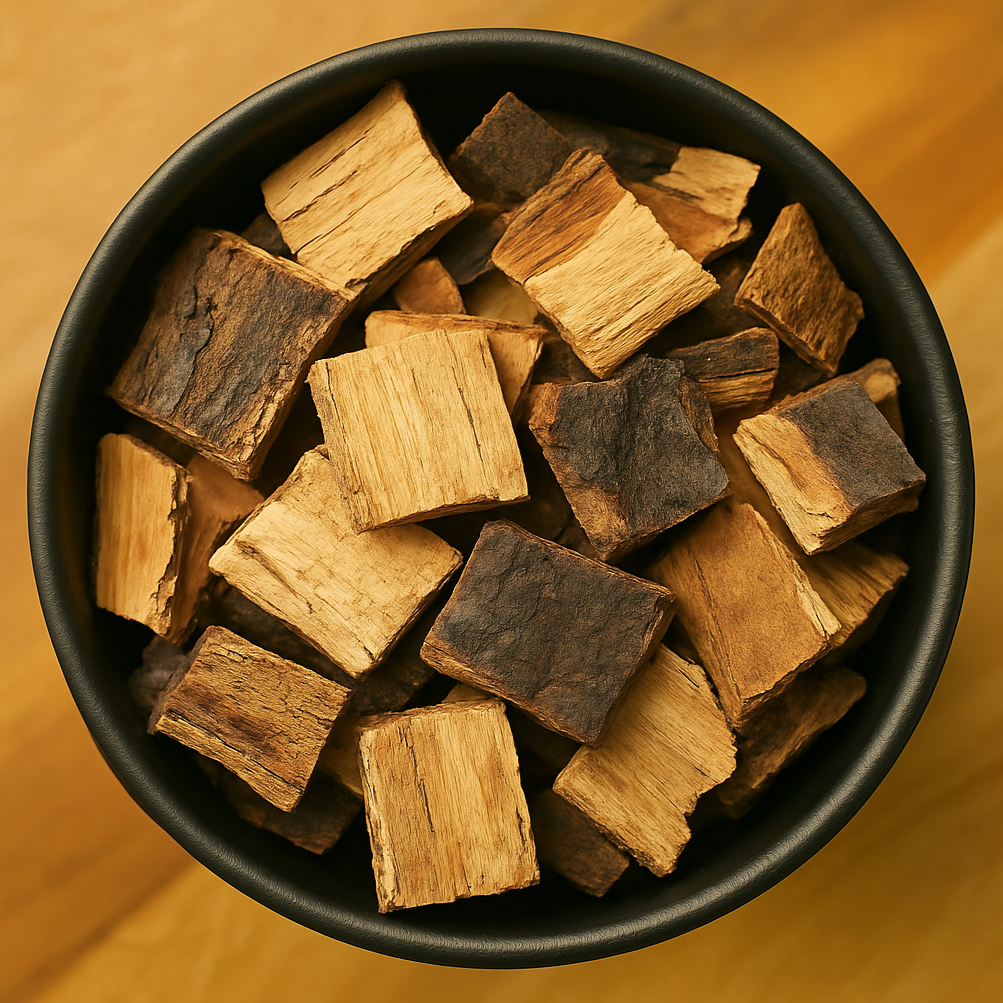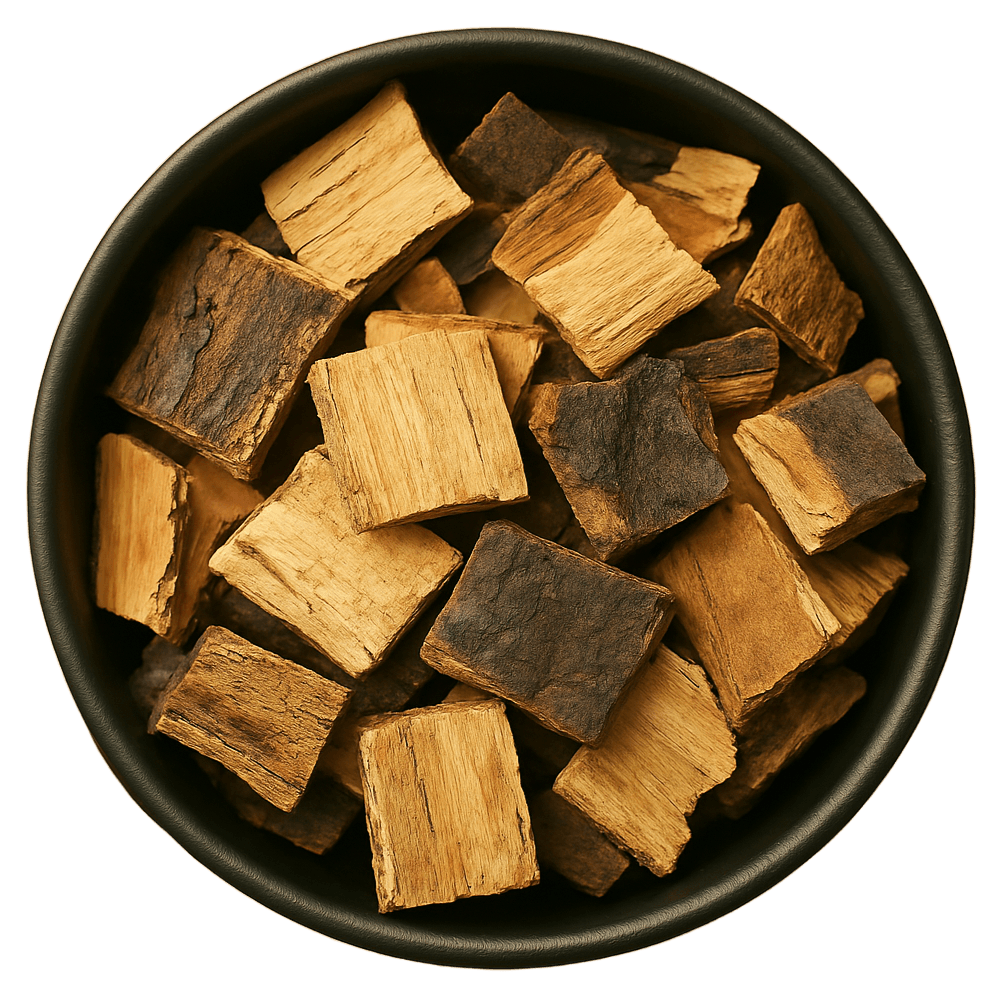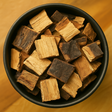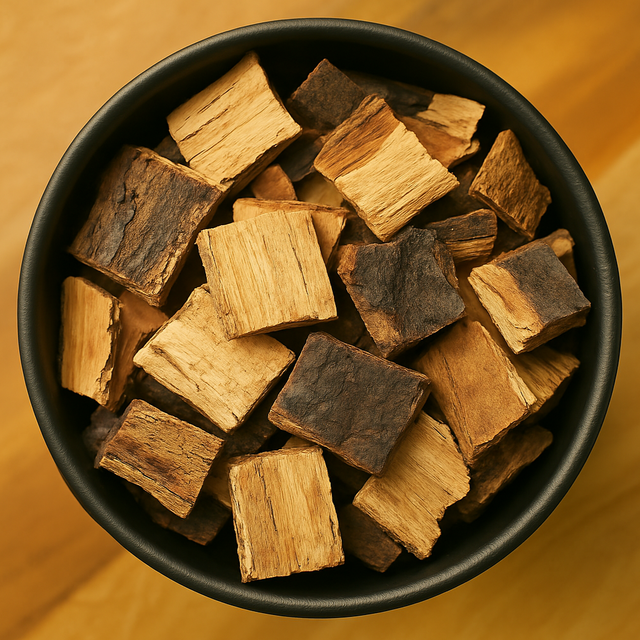Chinaberry Bark Slice (Melia Toosendan)
Chinaberry Bark Slice (Melia Toosendan) - 1 oz is backordered and will ship as soon as it is back in stock.
Couldn't load pickup availability
Chinaberry Bark Slice (Melia toosendan) is the sliced, dried bark of the Chinaberry tree, traditionally used in Chinese herbal medicine for its liver-soothing, qi-regulating, and pain-relieving properties. Known in Traditional Chinese Medicine as Chuan Lian Pi (川楝皮), this herb is often employed to disperse liver qi stagnation, particularly when accompanied by hypochondriac pain, abdominal distension, or menstrual discomfort.
Chuan Lian Pi is considered slightly cold and bitter in nature, and is commonly used to clear heat, relieve pain, and expel parasites, especially in patterns involving damp-heat in the liver and stomach channels. It may also be used in formulas addressing hernia, epigastric pain, or intestinal worms. In some regional traditions, it’s employed topically in poultices or washes for skin swellings or sores, though caution is advised due to its moderate toxicity.
Internally, Chinaberry Bark is usually decocted in small quantities under the supervision of a qualified herbalist, particularly in combination with other qi-regulating or anti-parasitic herbs. Its use is generally limited to short-term treatments due to its potent nature.
Each batch of Chinaberry Bark Slice (Melia toosendan) is carefully harvested and dried to preserve its bitter aromatic quality. Ideal for use in classic TCM prescriptions aimed at liver qi constraint, digestive discomfort, or damp-heat syndromes, Chuan Lian Pi provides a focused approach to relieving internal tension and discomfort.
Also Known As: Melia Bark, Chinaberry Bark, Toosendan Bark, Cortex Meliae Toosendan, Ku Lian Pi, 苦楝皮, Chinese Bead Tree Bark
Nutrients: Triterpenoids (e.g., toosendanin), limonoids, alkaloids, resins, bitter principles
Notes: Used in TCM to expel parasites, clear heat, and alleviate pain from abdominal distention. Some compounds are bioactive and may be toxic in high doses—professional supervision is recommended. Not commonly used in Western herbalism due to potential toxicity
